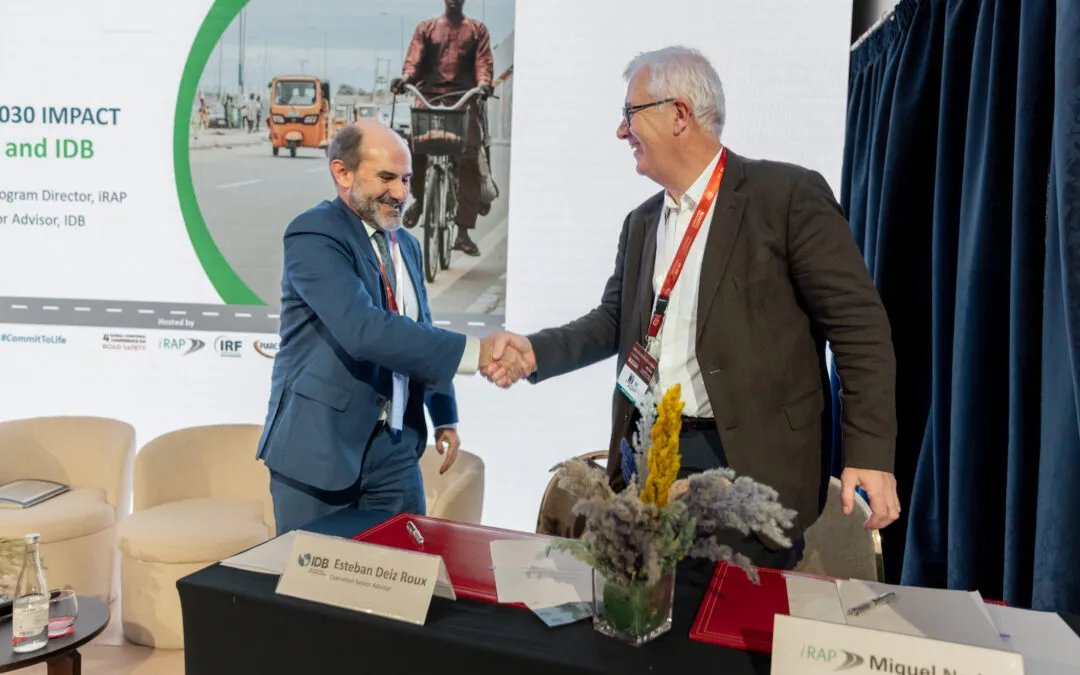An extension to the existing collaboration between ASECAP and the European GNSS Agency (GSA) will increase efficiency. The aim is to exchange knowledge and experience and to examine together the potential and the use of GNSS applications in highway operations. This arrangement follows on from the 40th ASECAP Study and Information Days, which took place in Turin, Italy recently. The GSA supports the use of European GNSS in road transport to improve traffic management and road safety and reduce CO2 emissions.
May 30, 2012
Read time: 2 mins
Closer cooperation between ASECAP and the GSA
“Joining forces to transform challenges into opportunities”
An extension to the existing collaboration between1103 ASECAP and the European 5805 GNSS Agency (GSA) will increase efficiency.
The aim is to exchange knowledge and experience and to examine together the potential and the use of GNSS applications in highway operations. This arrangement follows on from the 40th ASECAP Study and Information Days, which took place in Turin, Italy recently. The GSA supports the use of European GNSS in road transport to improve traffic management and road safety and reduce CO2 emissions.
Meanwhile ASECAP is promoting tolling as the most efficient tool to finance the construction, operation and maintenance of highways and other major road infrastructures. These two aims overlap as the GSA and ASECAP are pursuing road transport integration, coordination and development. For this purpose, the GSA and ASECAP are jointly exploring the potential for deployment of GNSS-based road user charging schemes in the EU in the medium to long term. This joint roadmap will take advantage of new GNSS services in the evolution of new tolling schemes and ITS deployment. According to ASECAP, it is vital to understand how European GNSS technology can add value to road infrastructure operators and identify actions to guide future trends.
“Joining forces to transform challenges into opportunities”
An extension to the existing collaboration between
The aim is to exchange knowledge and experience and to examine together the potential and the use of GNSS applications in highway operations. This arrangement follows on from the 40th ASECAP Study and Information Days, which took place in Turin, Italy recently. The GSA supports the use of European GNSS in road transport to improve traffic management and road safety and reduce CO2 emissions.
Meanwhile ASECAP is promoting tolling as the most efficient tool to finance the construction, operation and maintenance of highways and other major road infrastructures. These two aims overlap as the GSA and ASECAP are pursuing road transport integration, coordination and development. For this purpose, the GSA and ASECAP are jointly exploring the potential for deployment of GNSS-based road user charging schemes in the EU in the medium to long term. This joint roadmap will take advantage of new GNSS services in the evolution of new tolling schemes and ITS deployment. According to ASECAP, it is vital to understand how European GNSS technology can add value to road infrastructure operators and identify actions to guide future trends.








